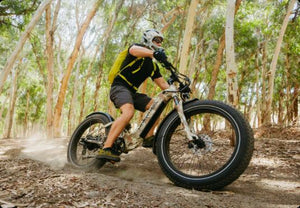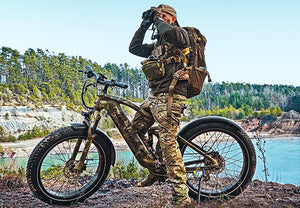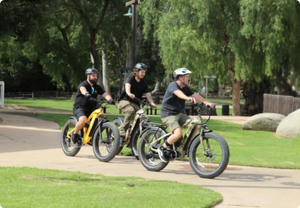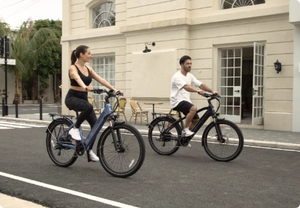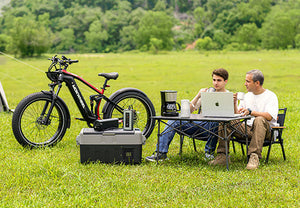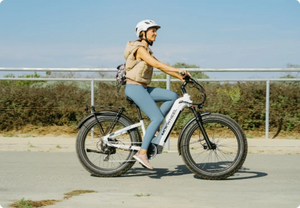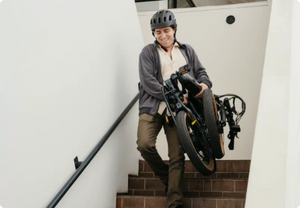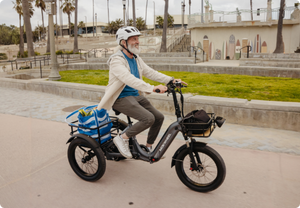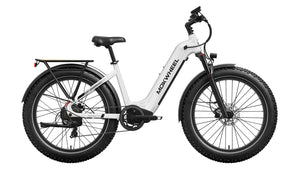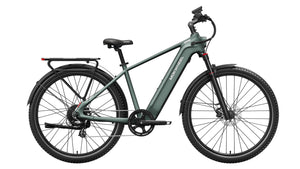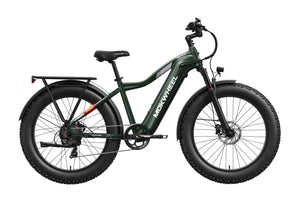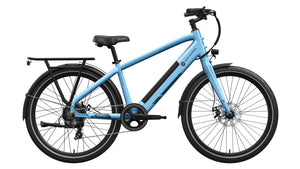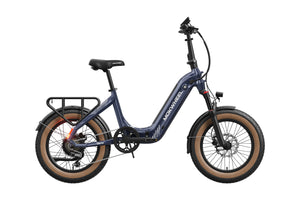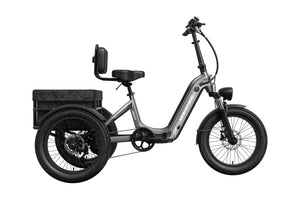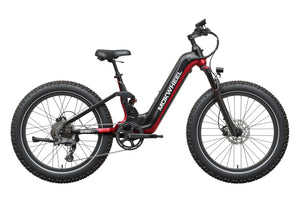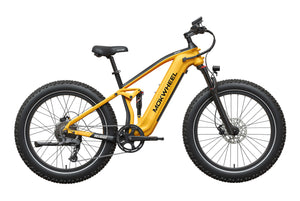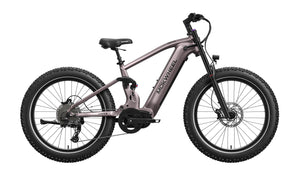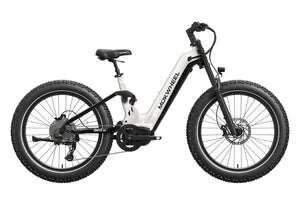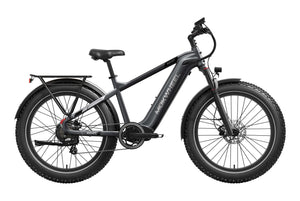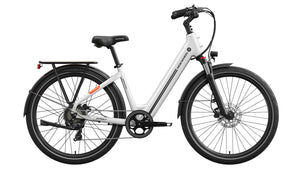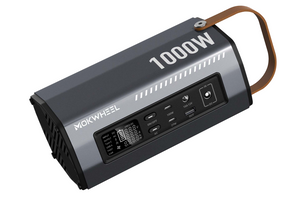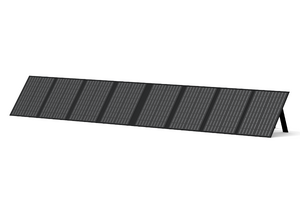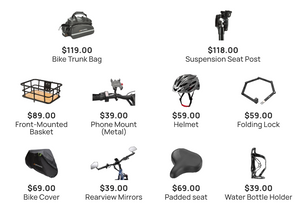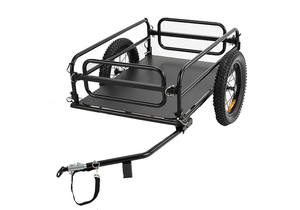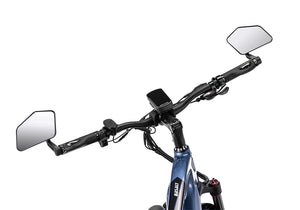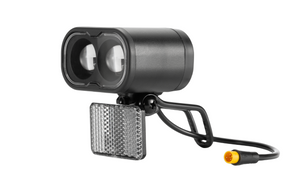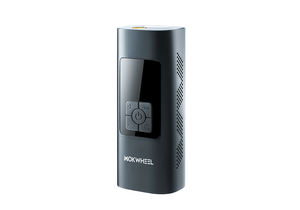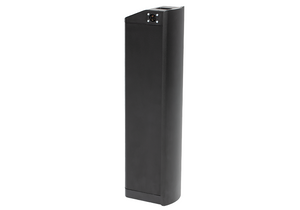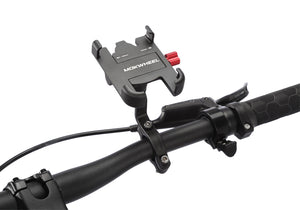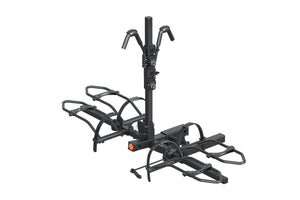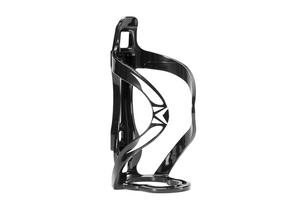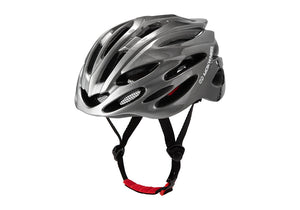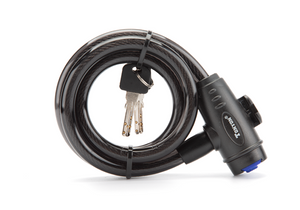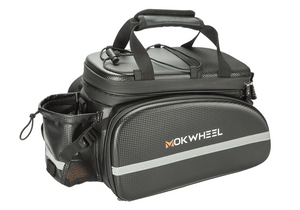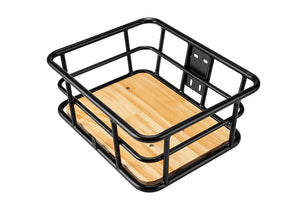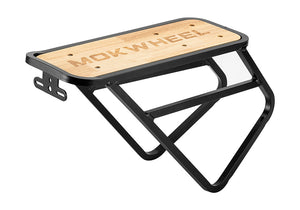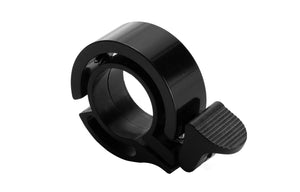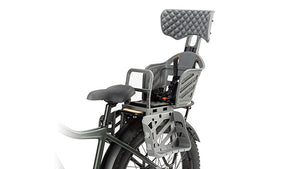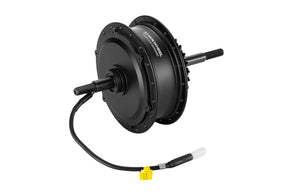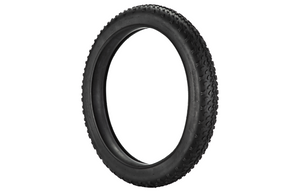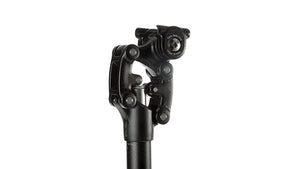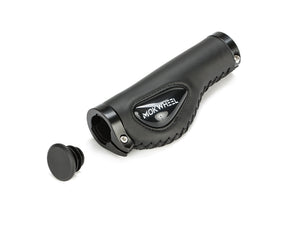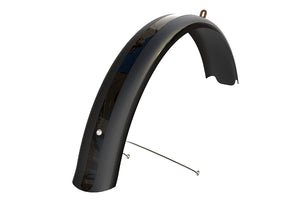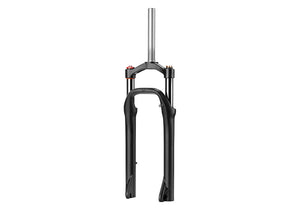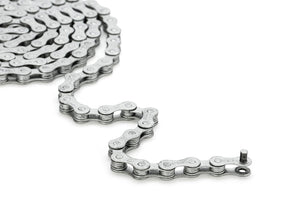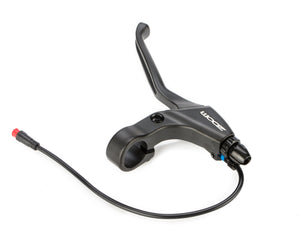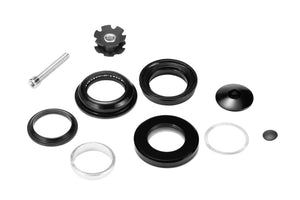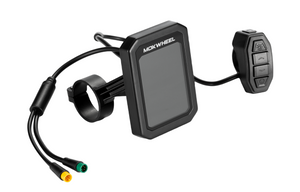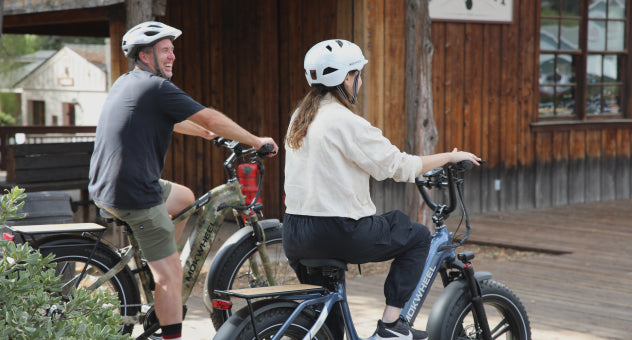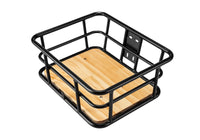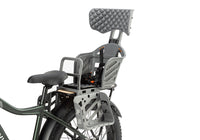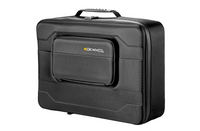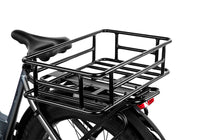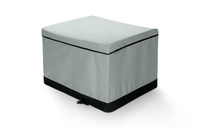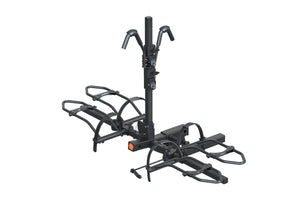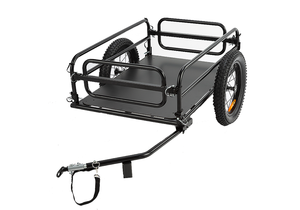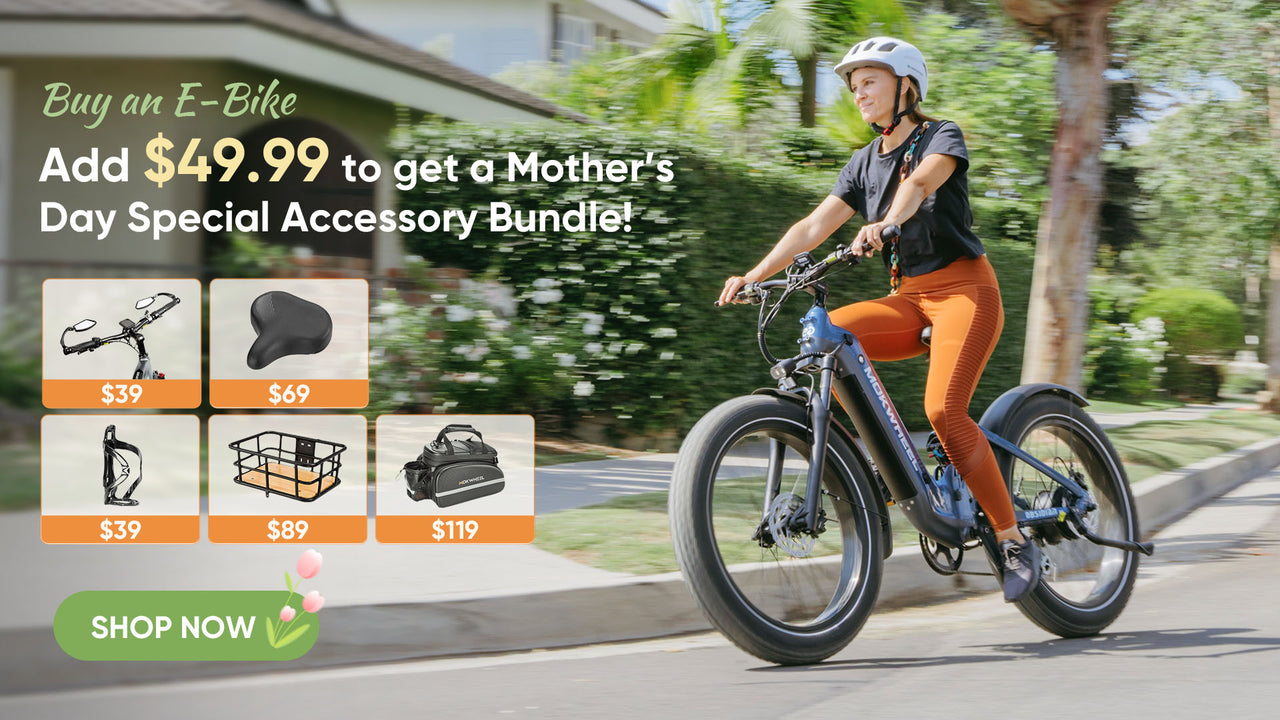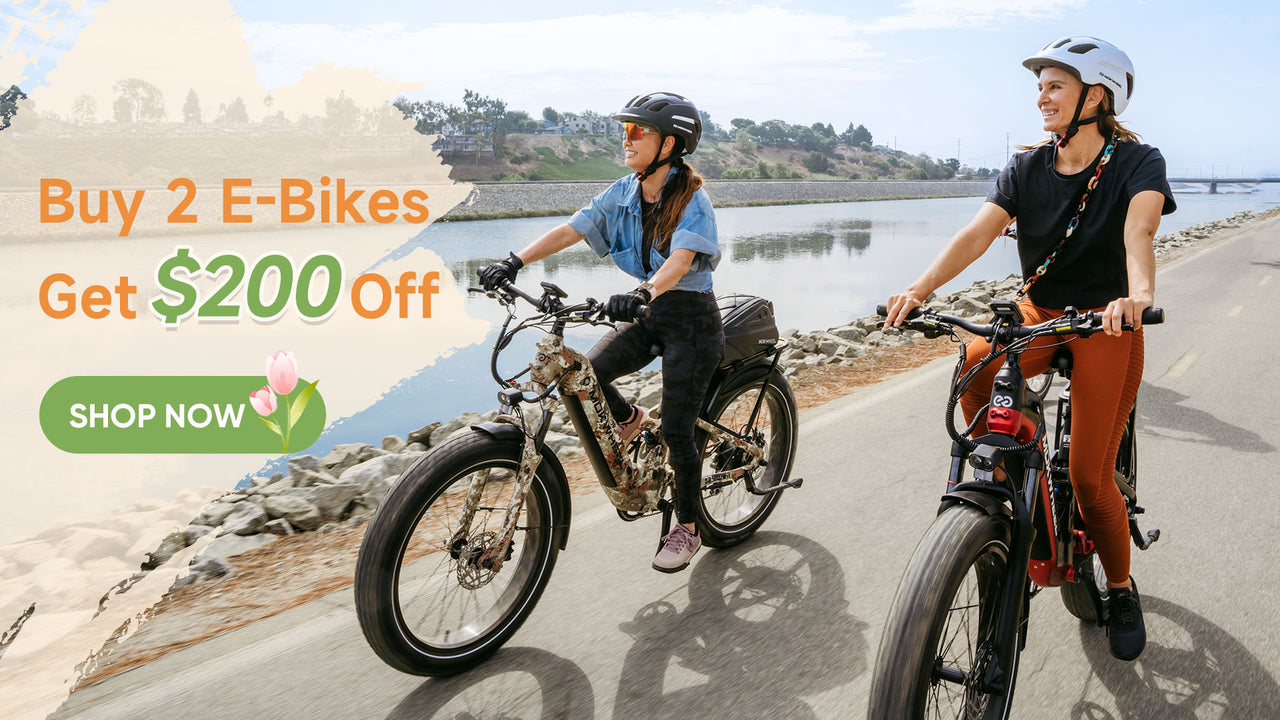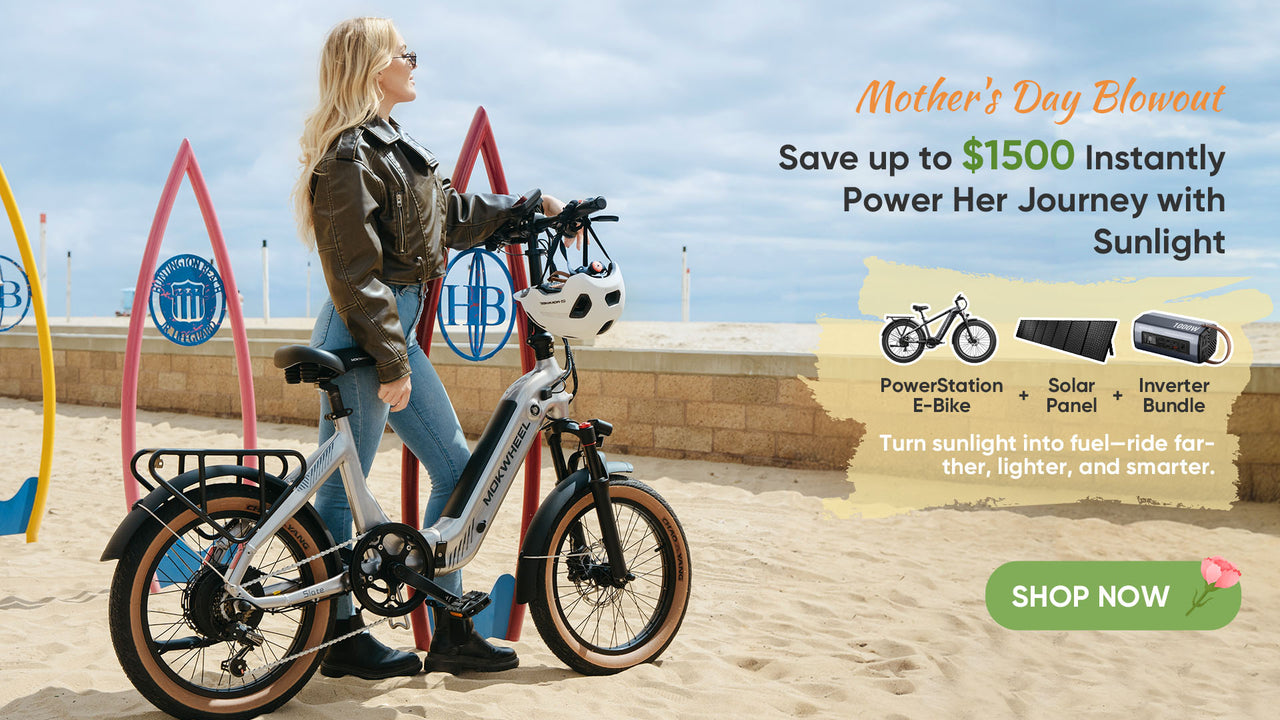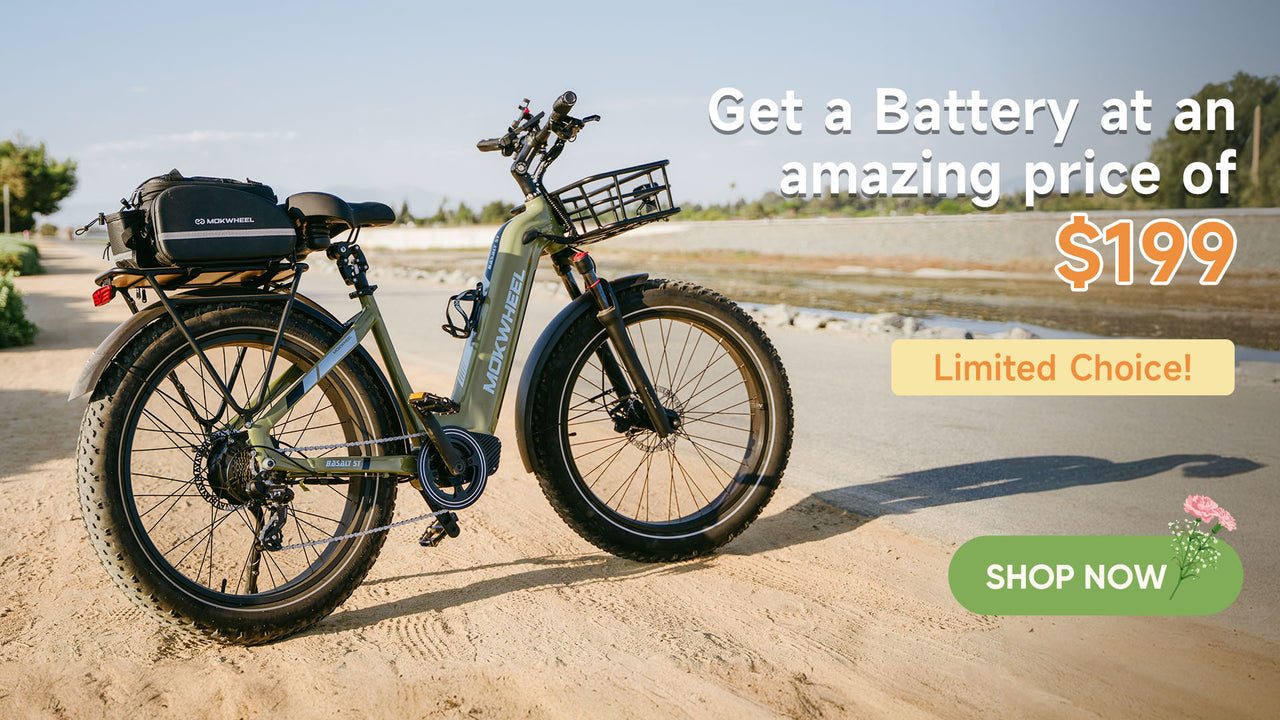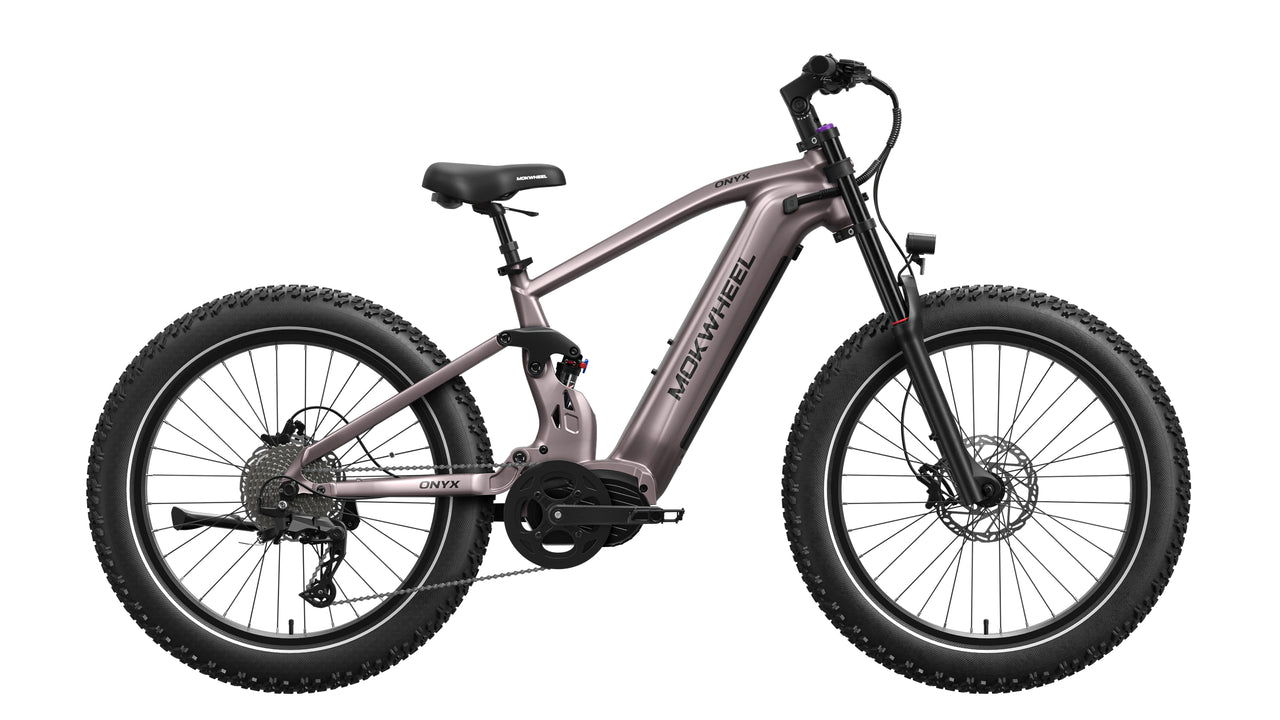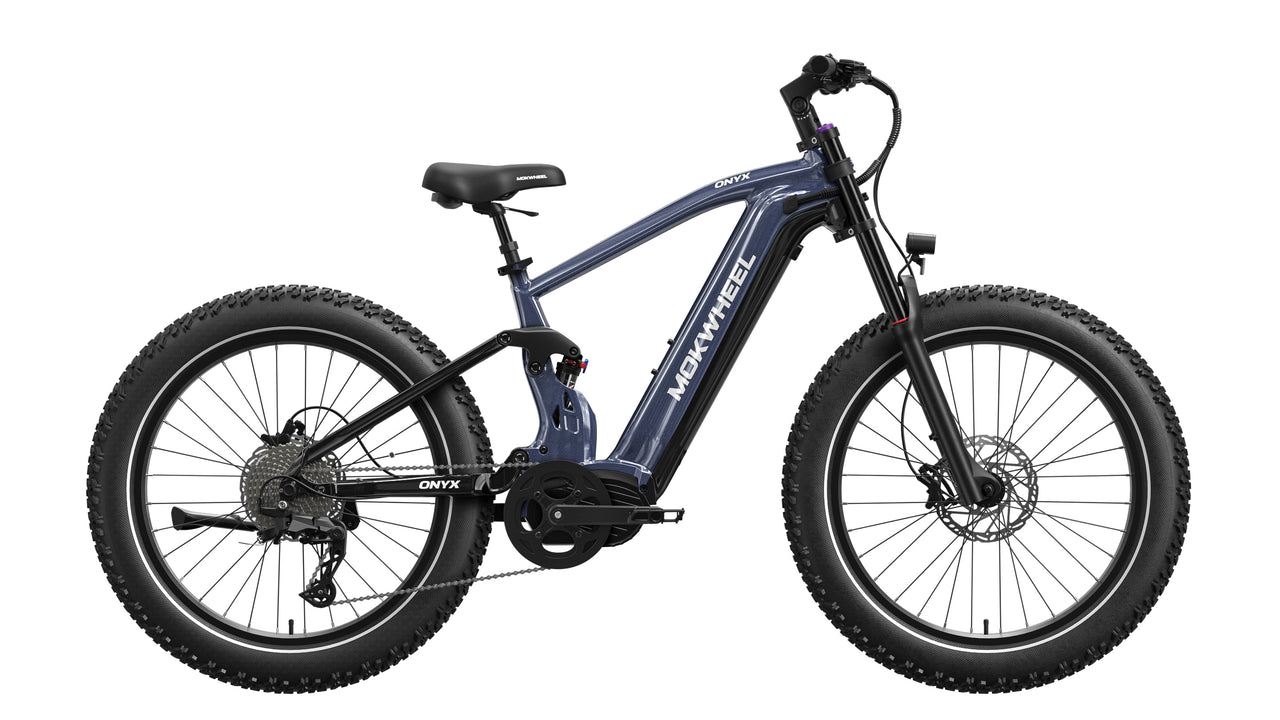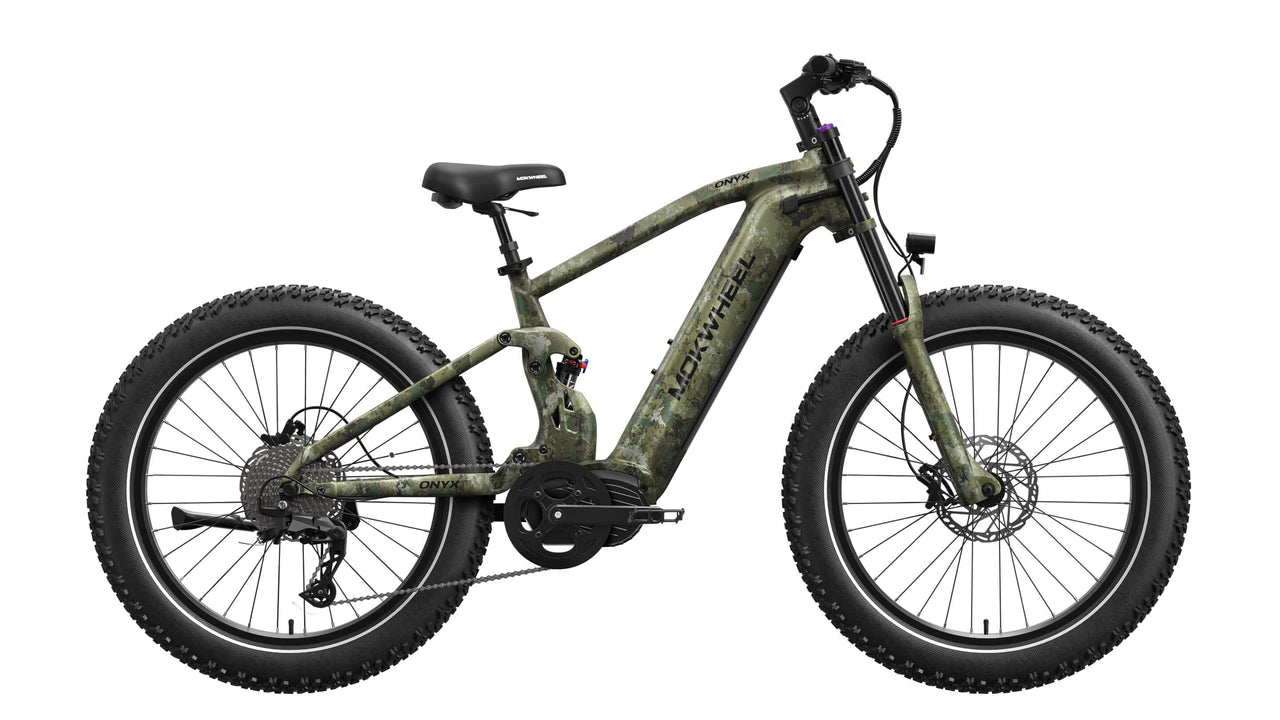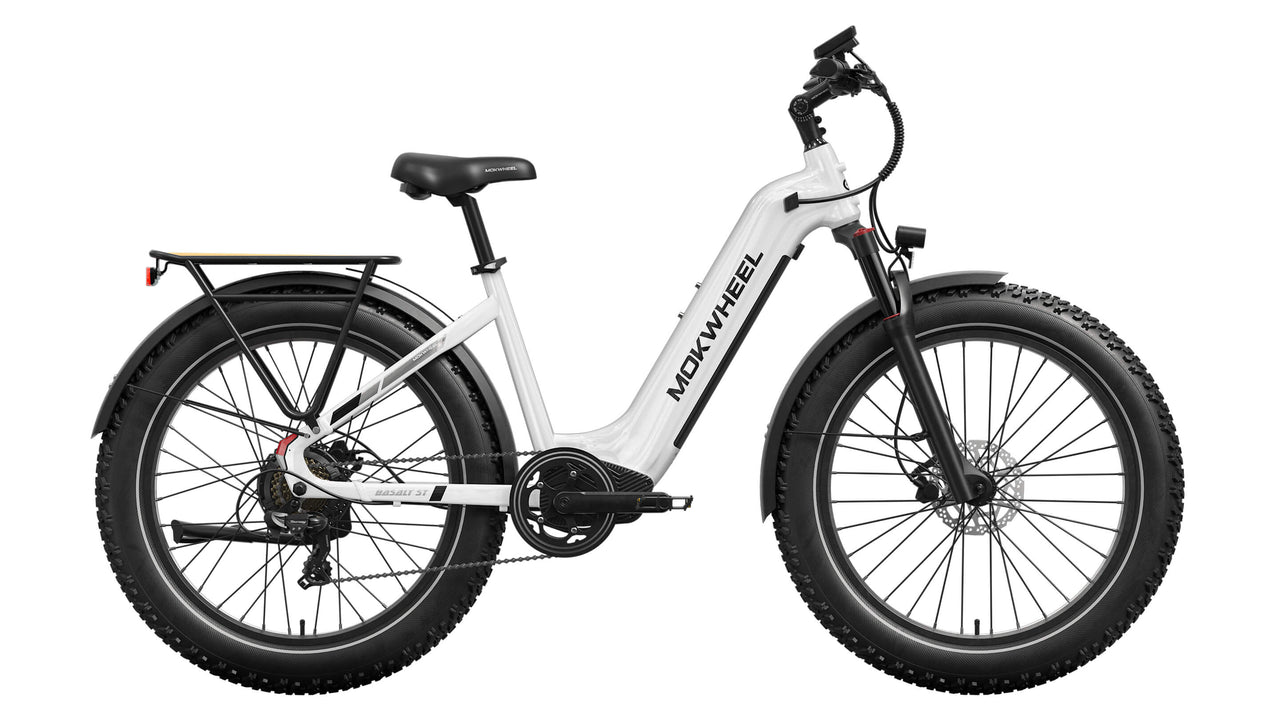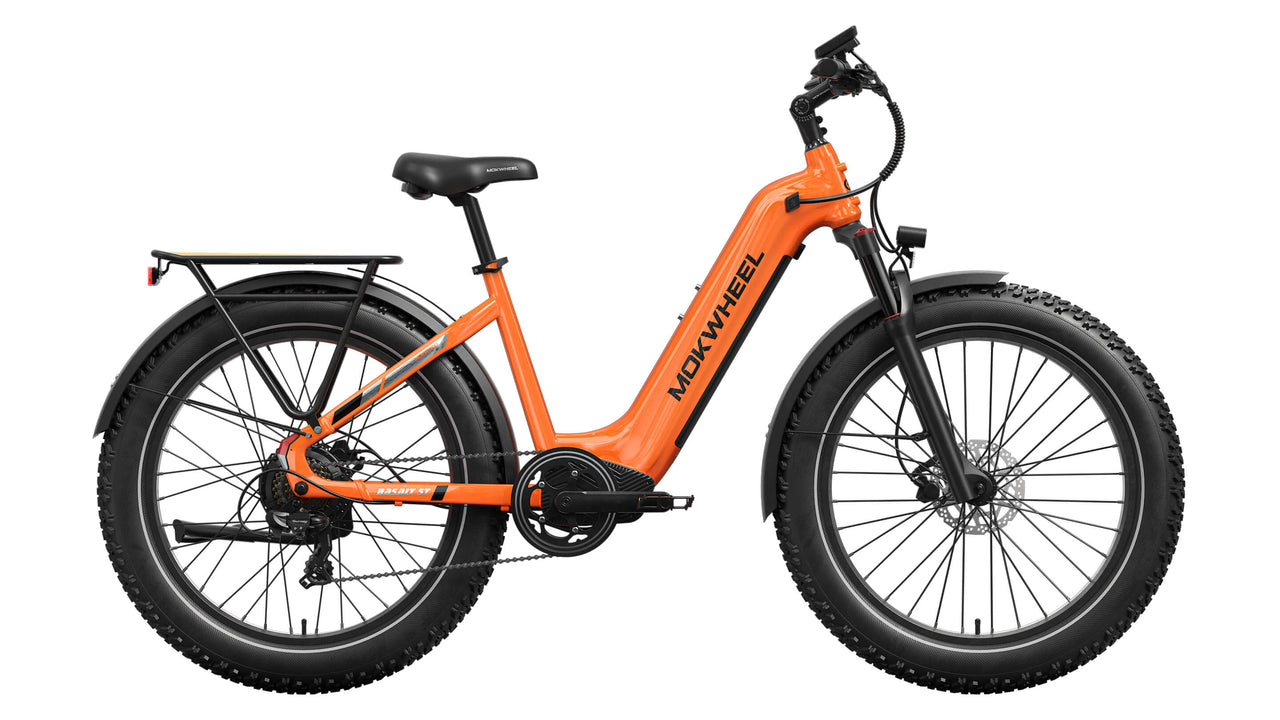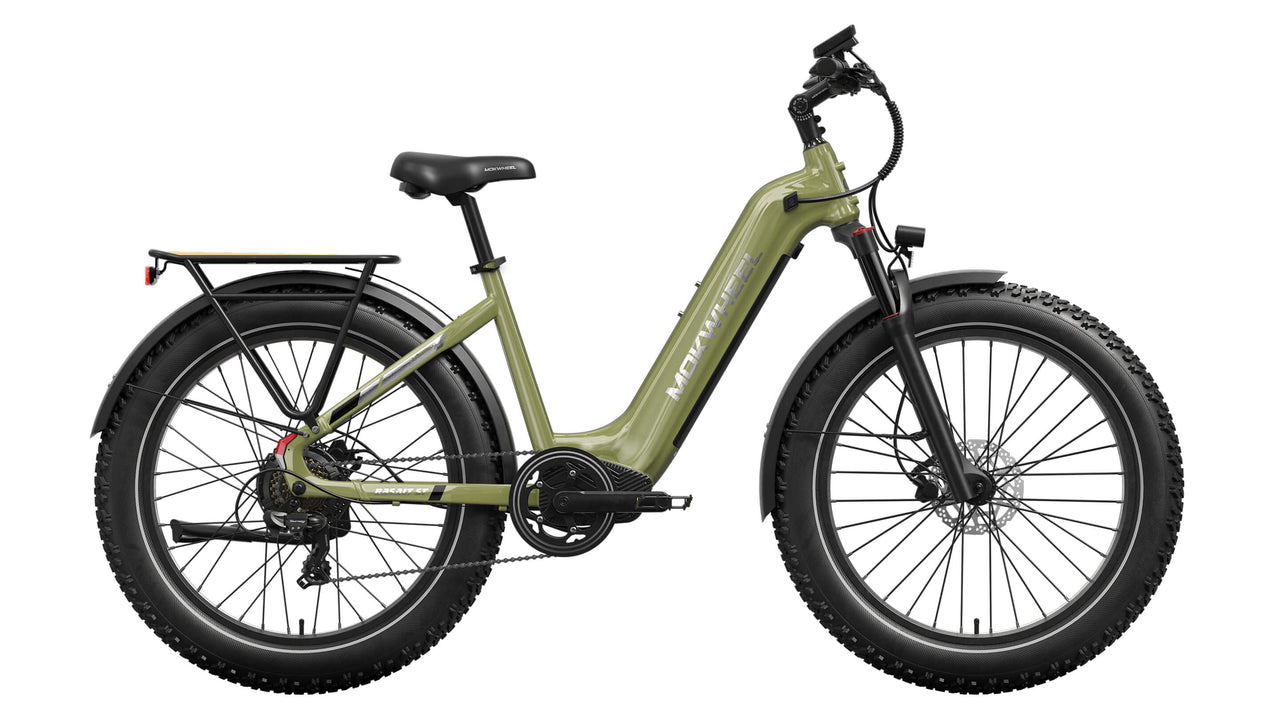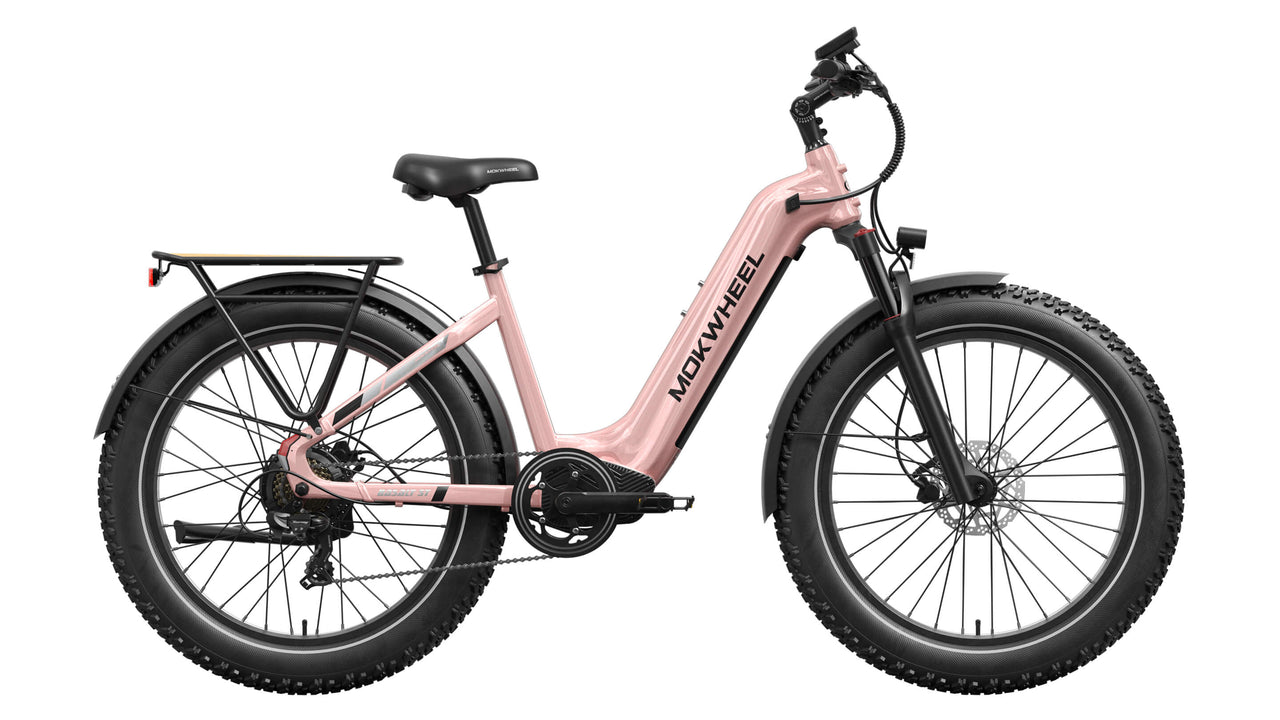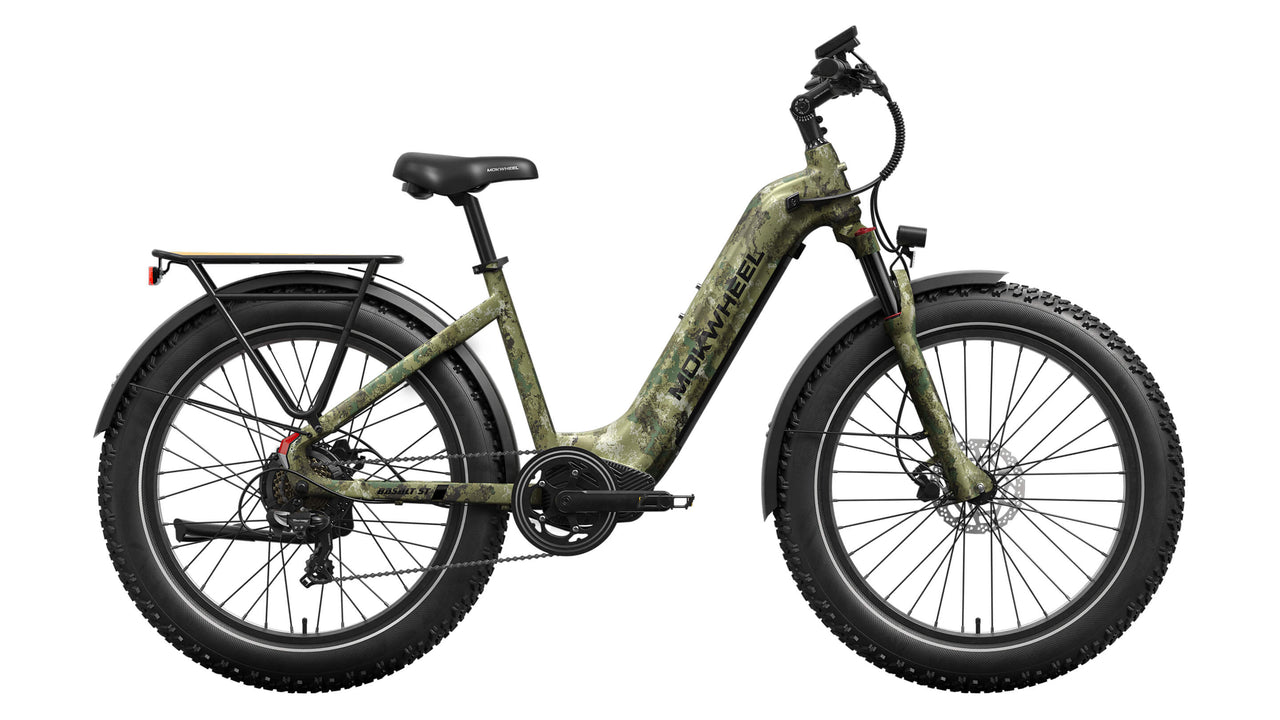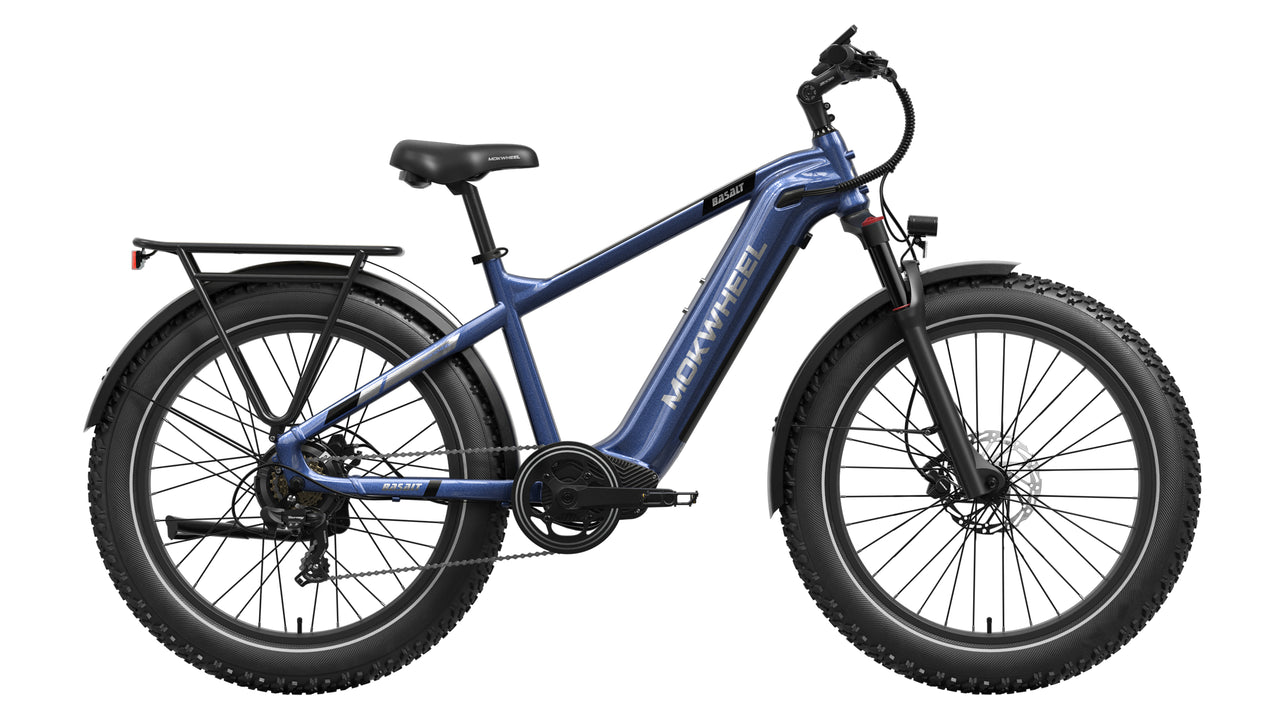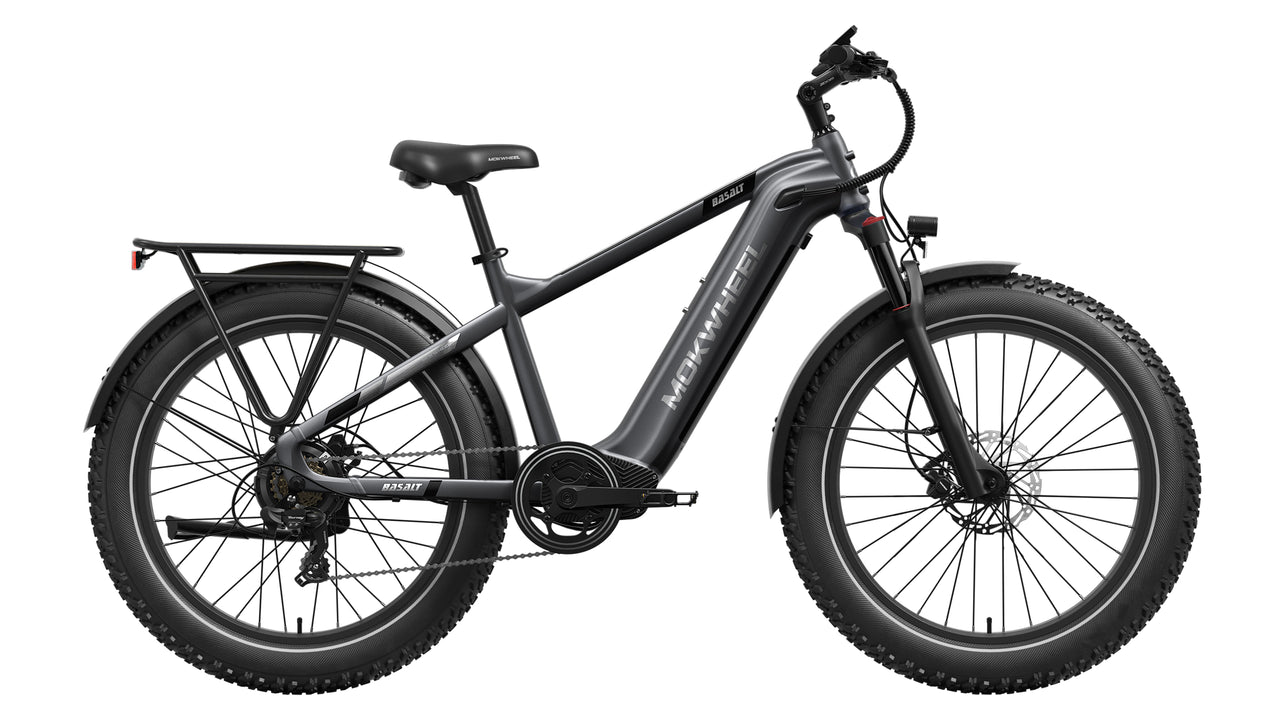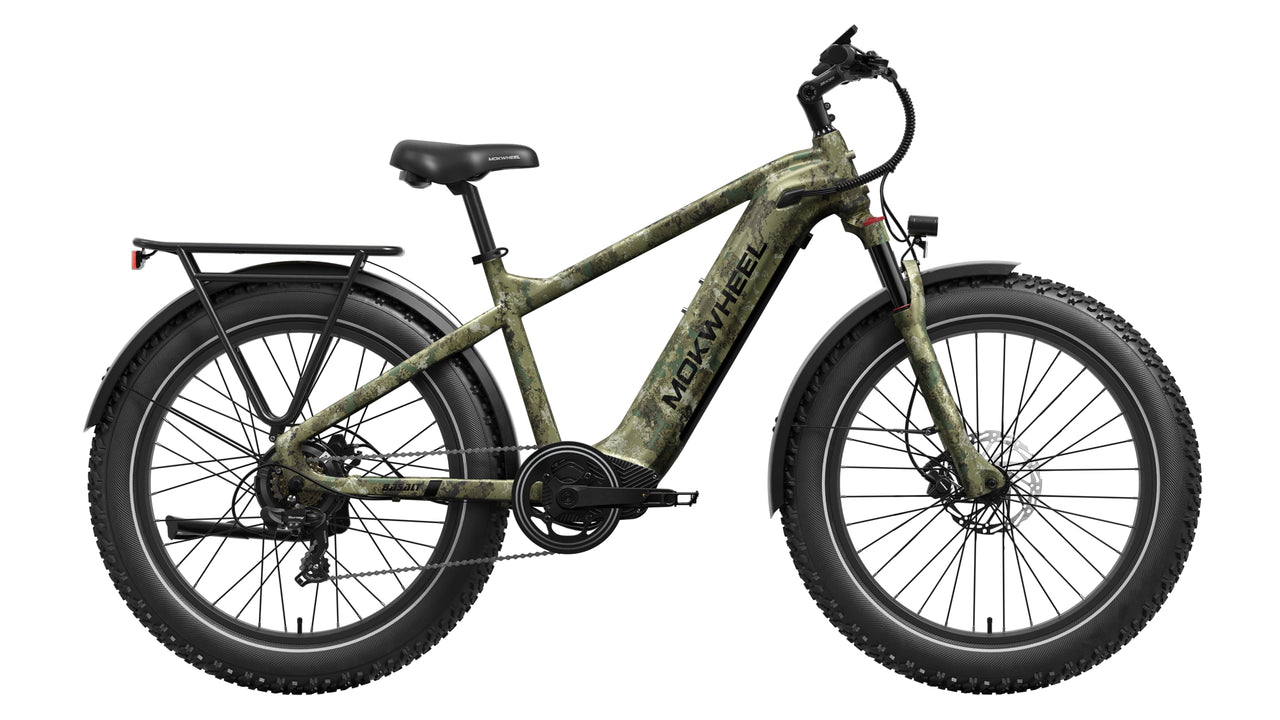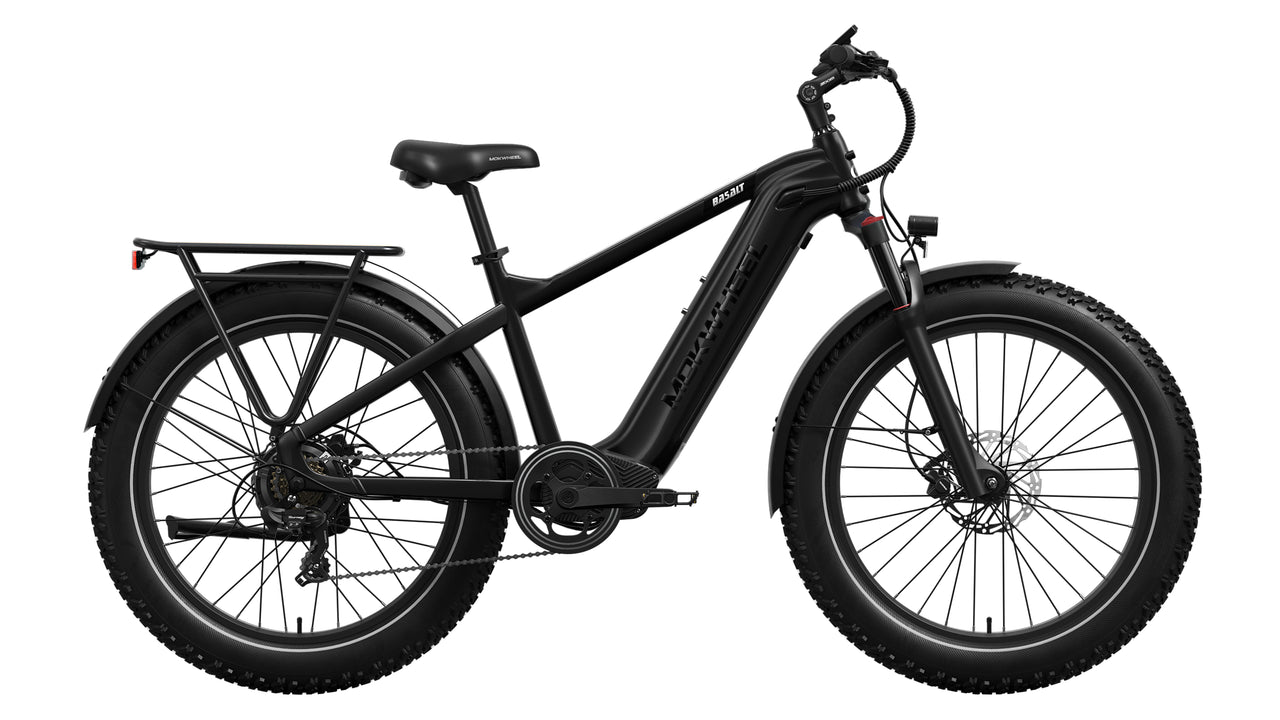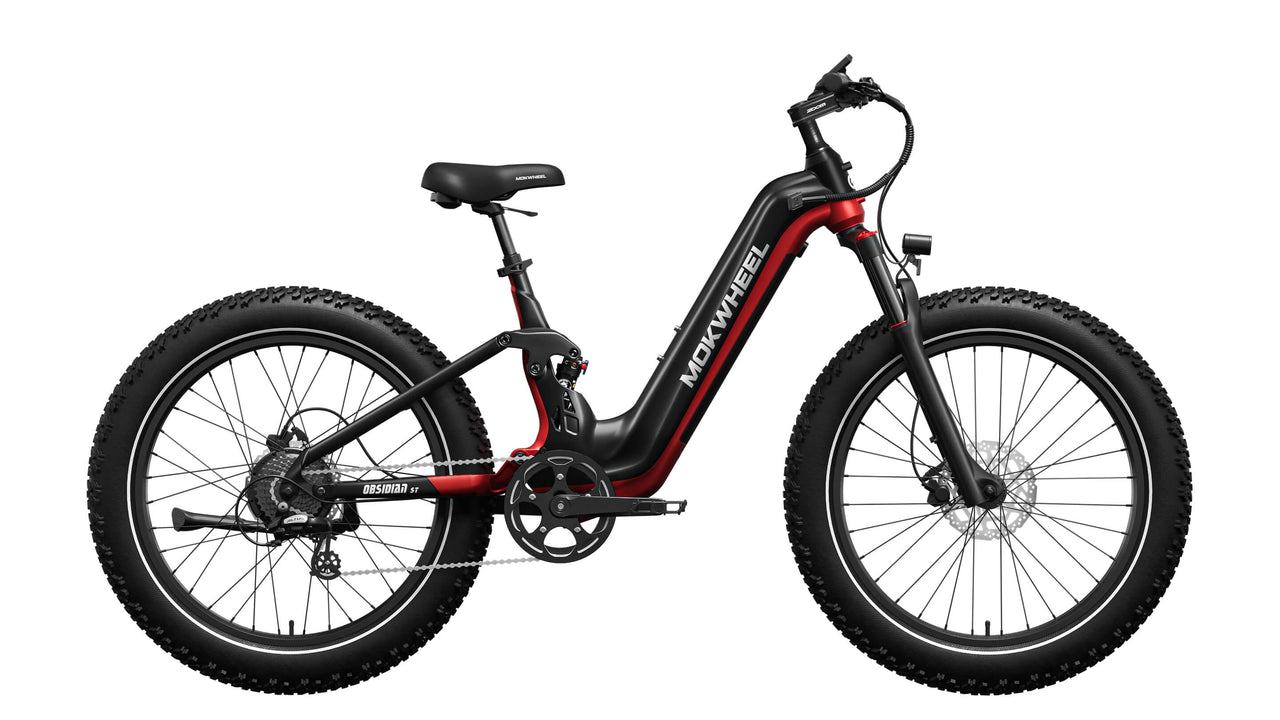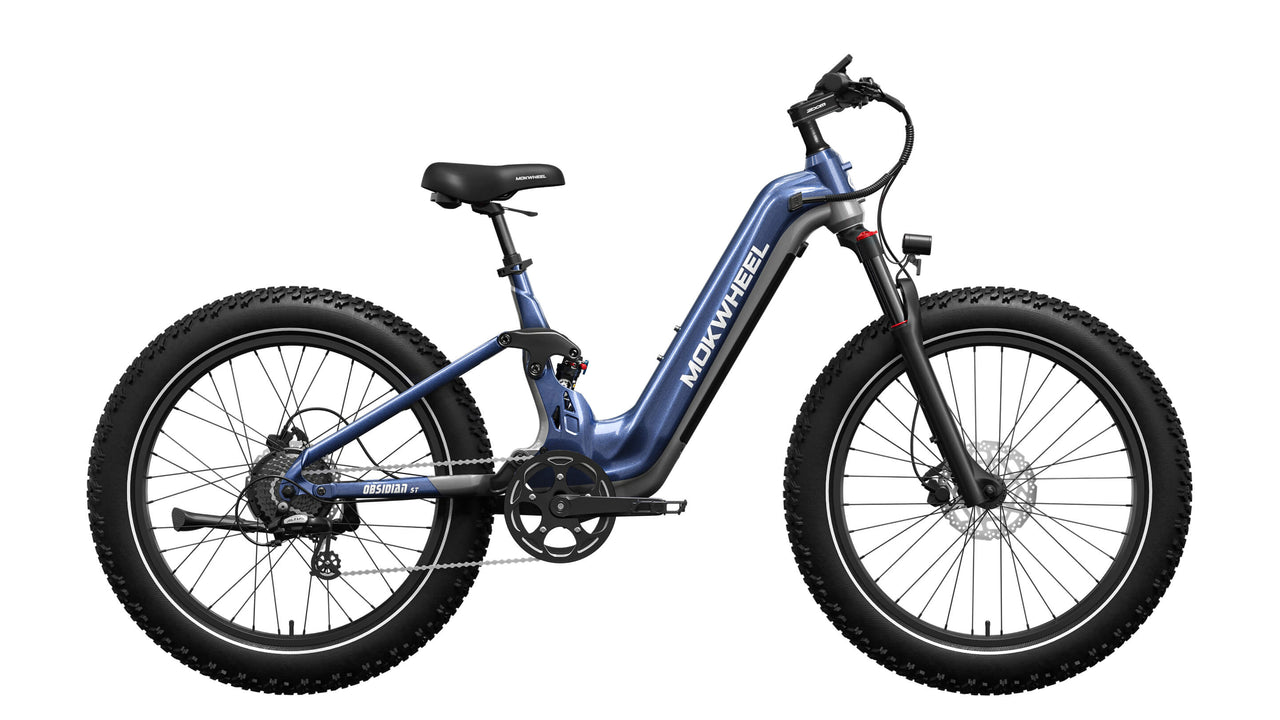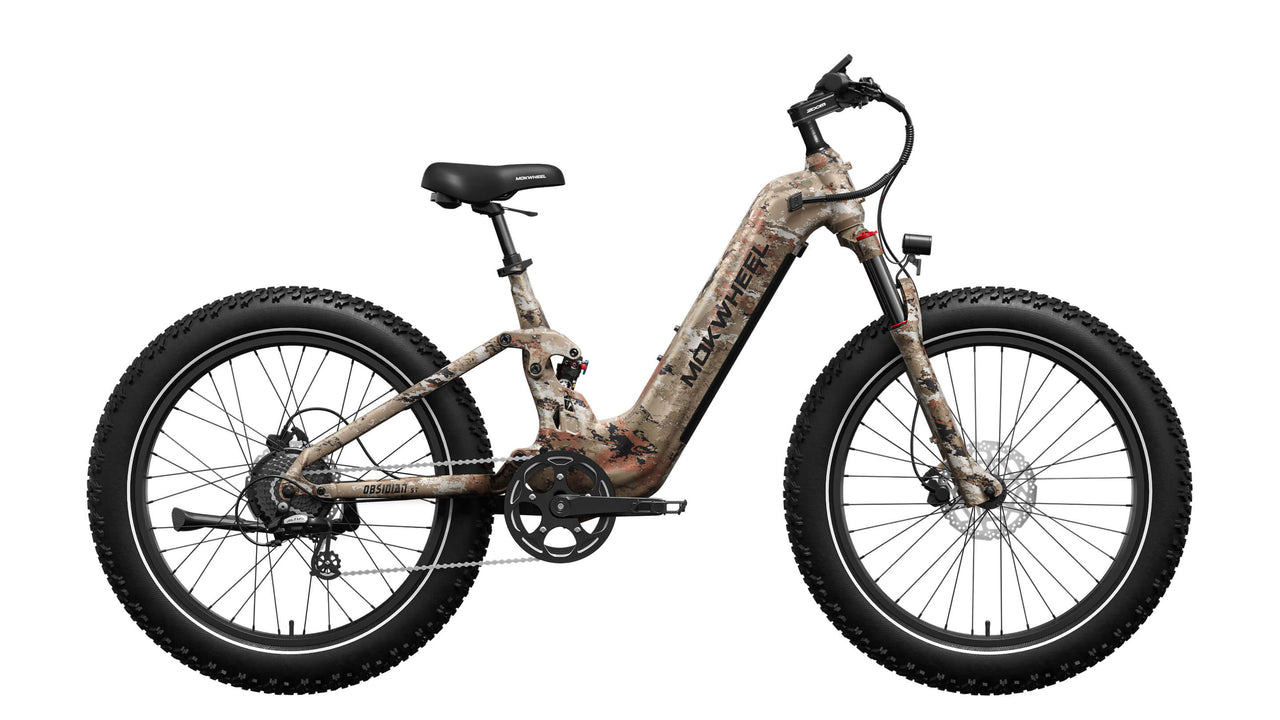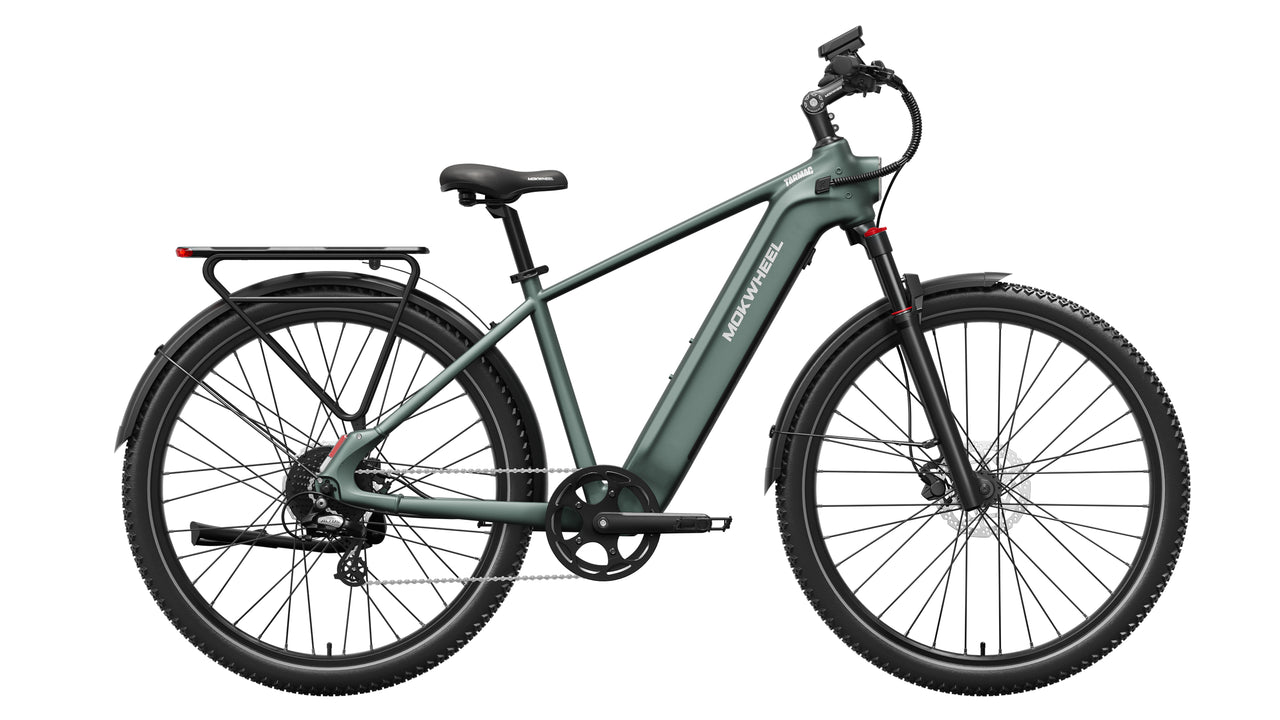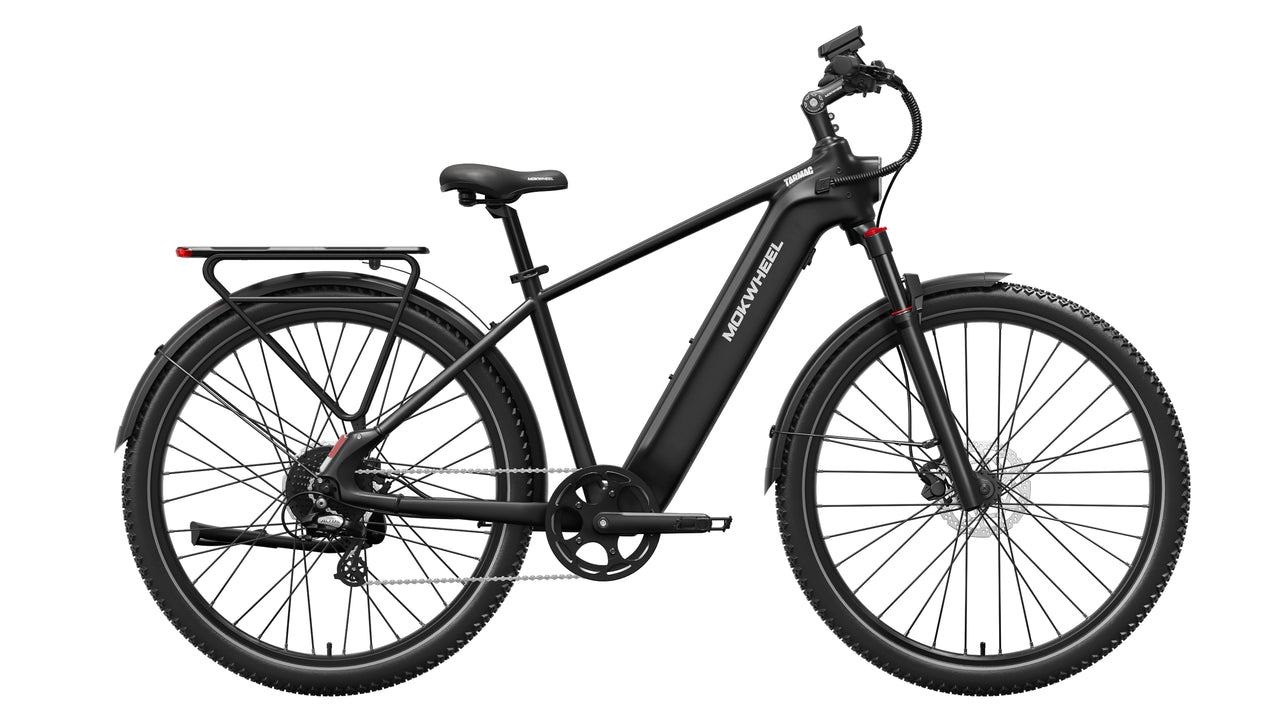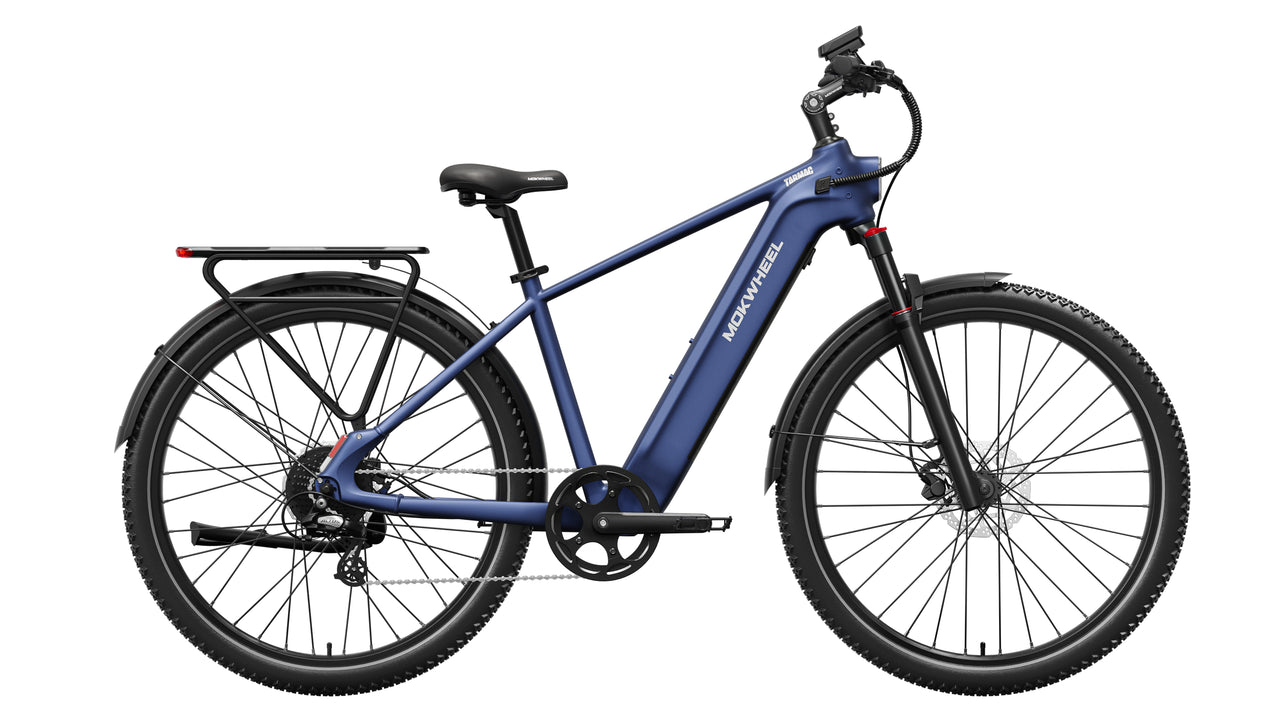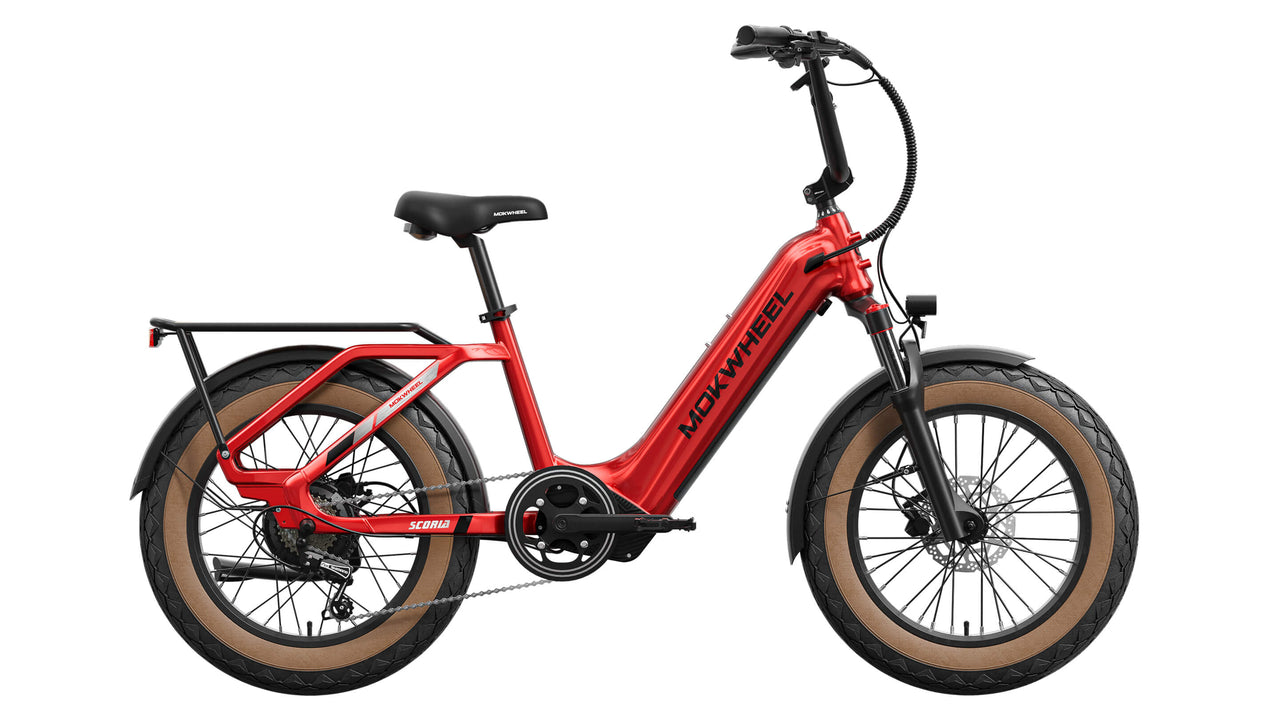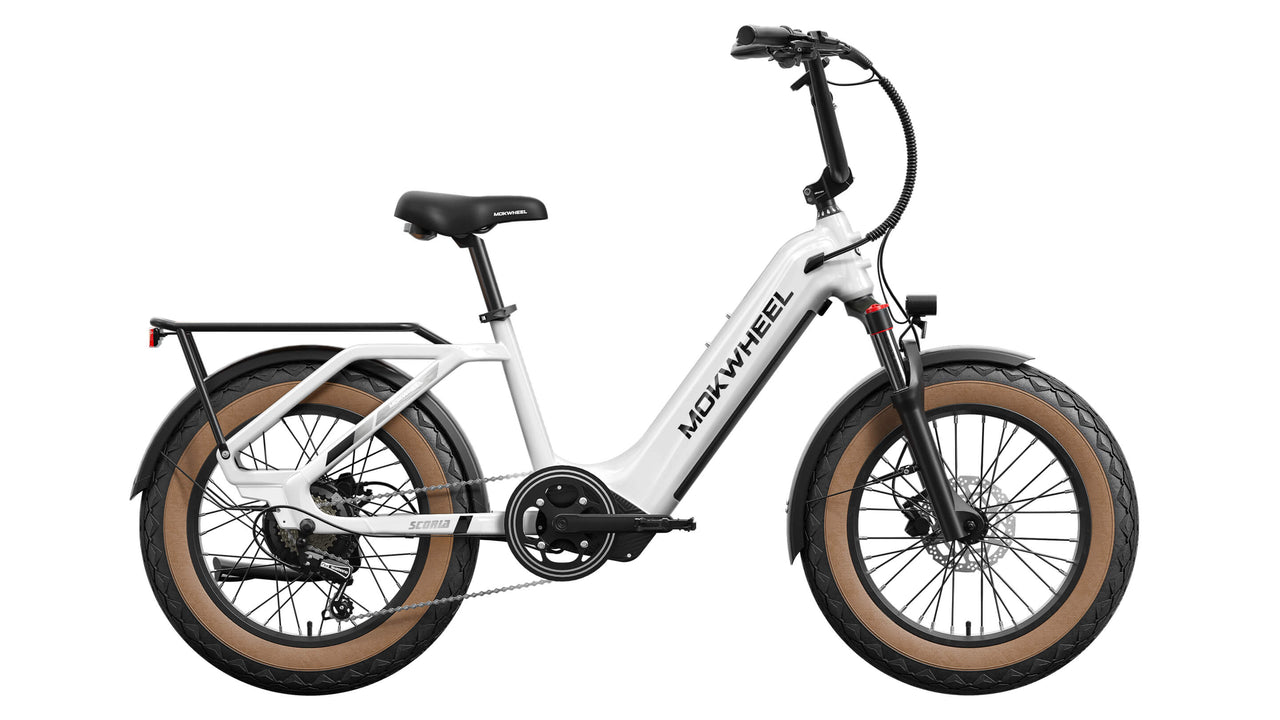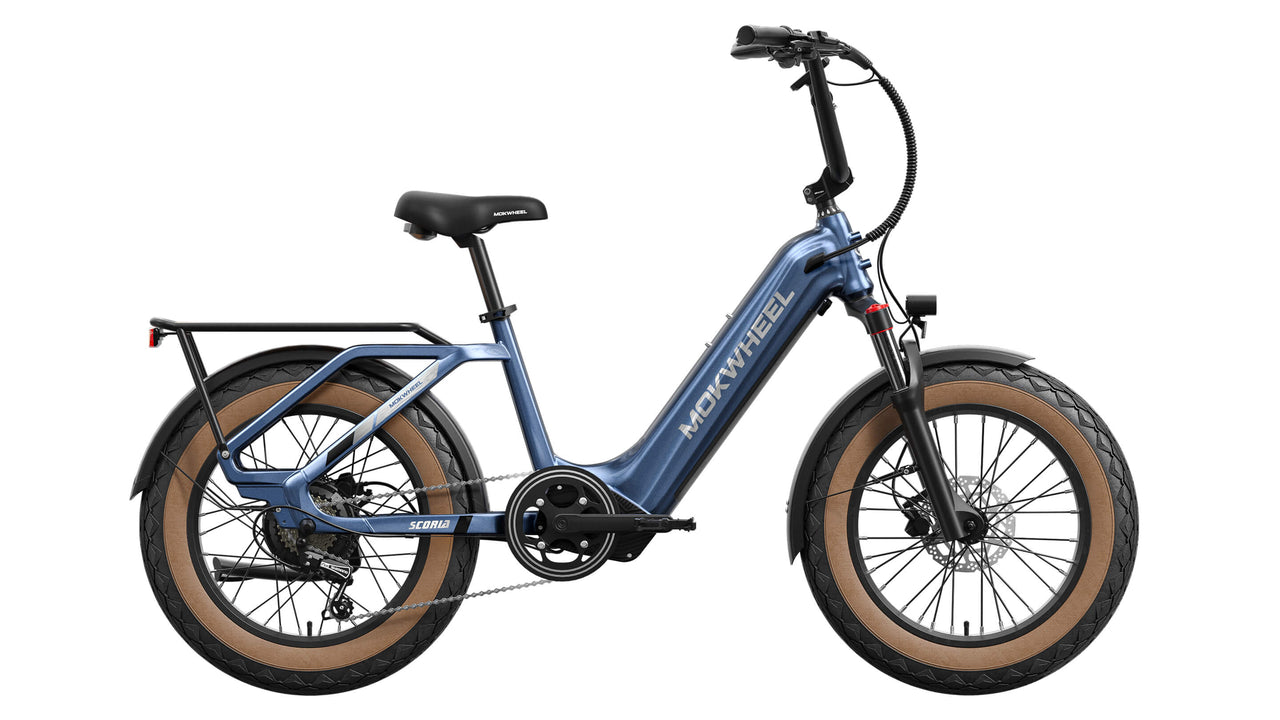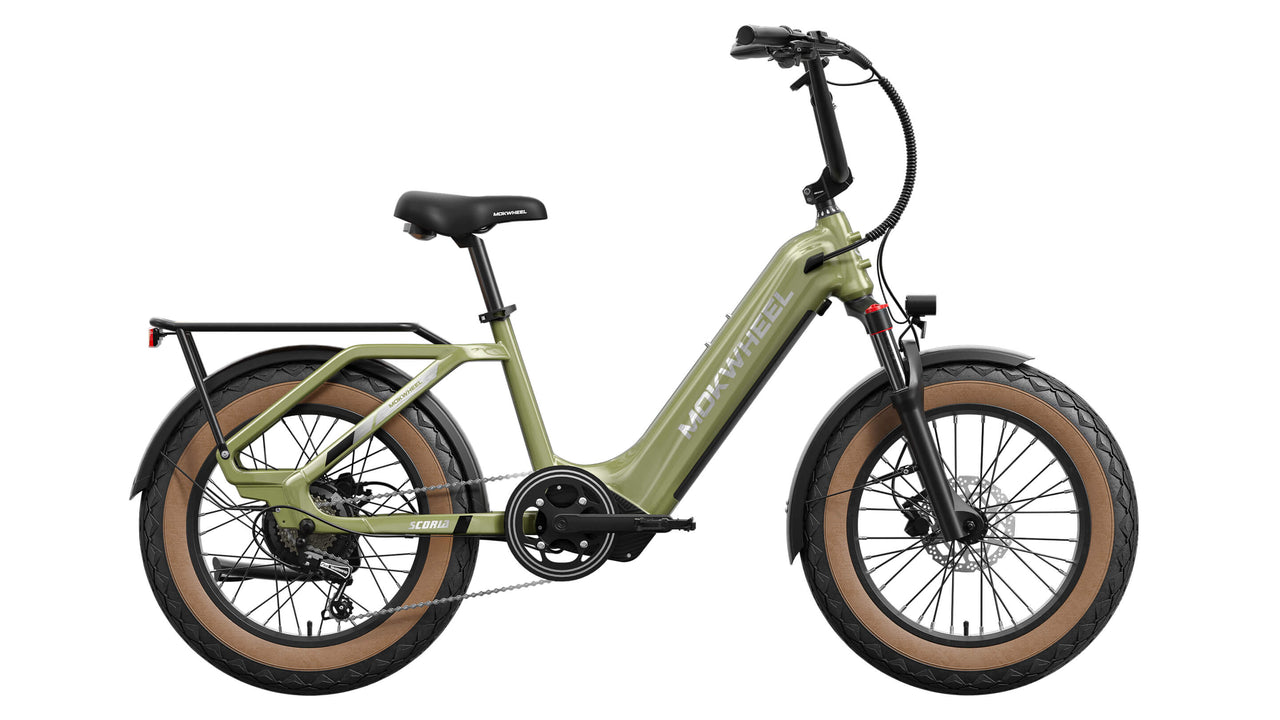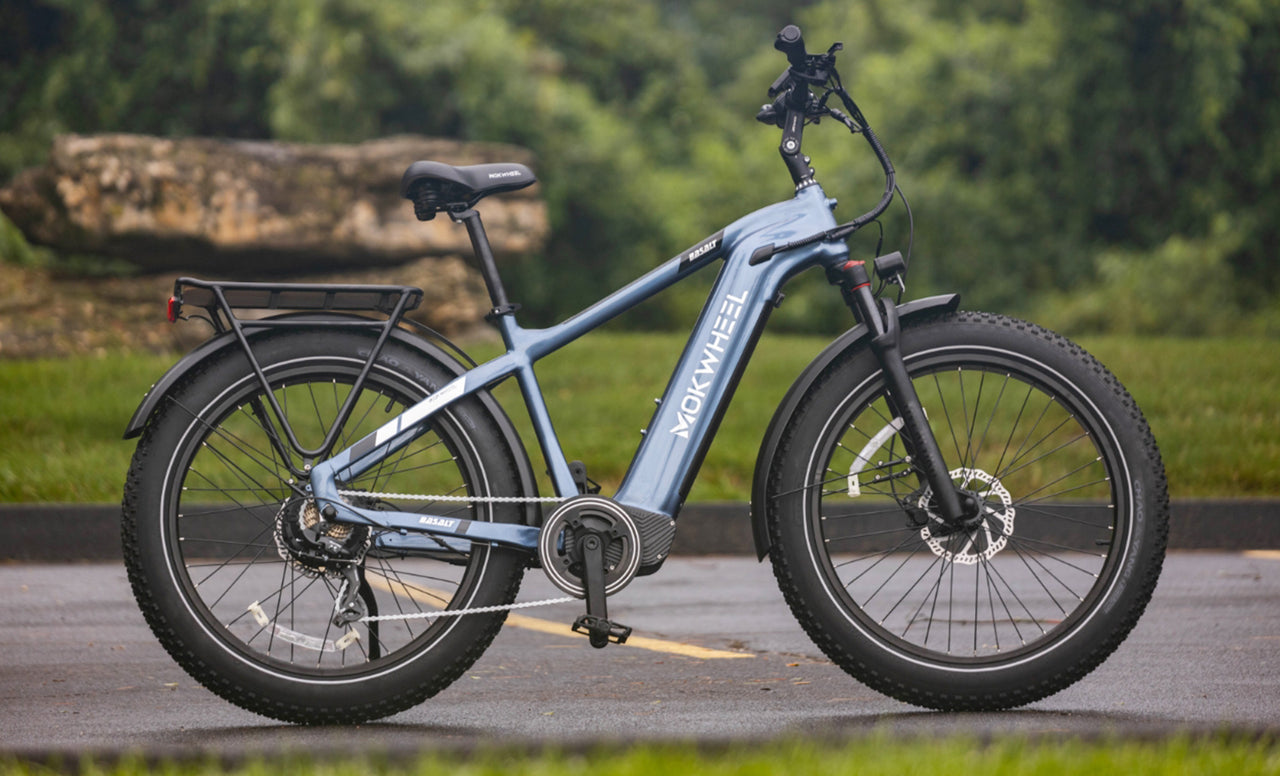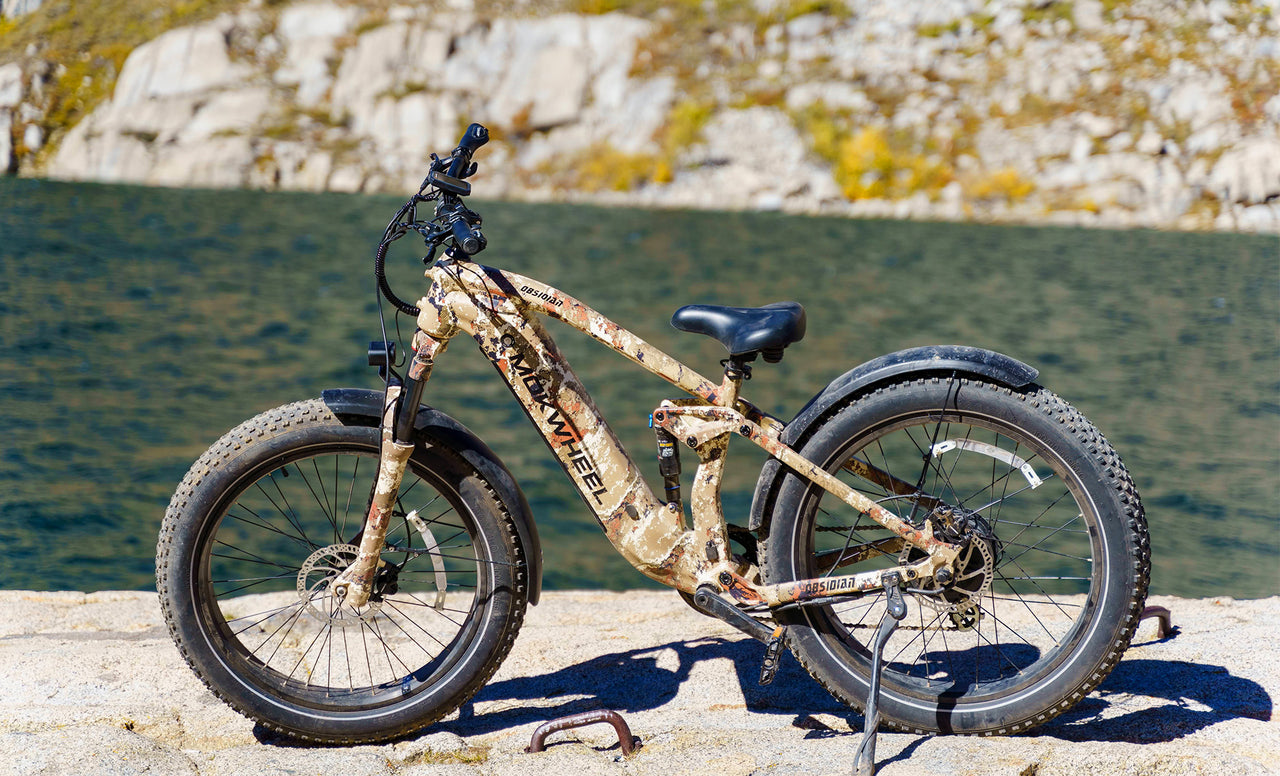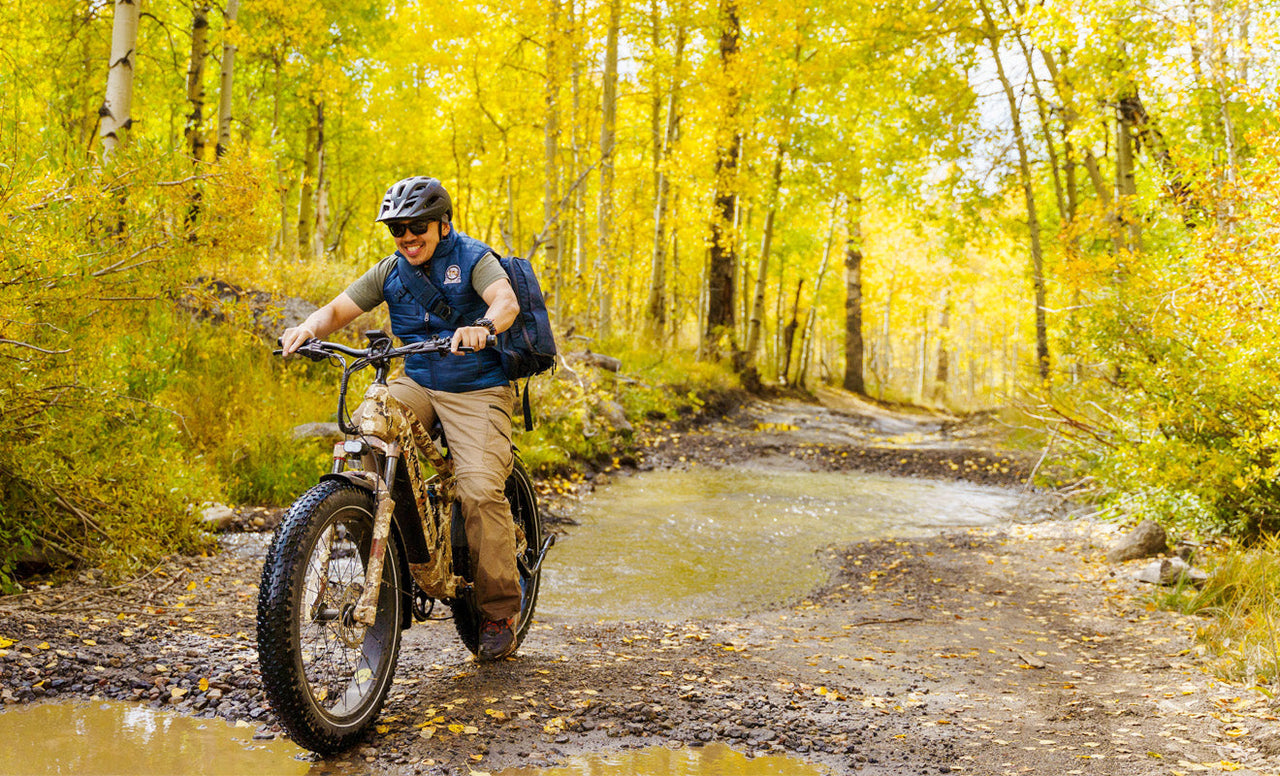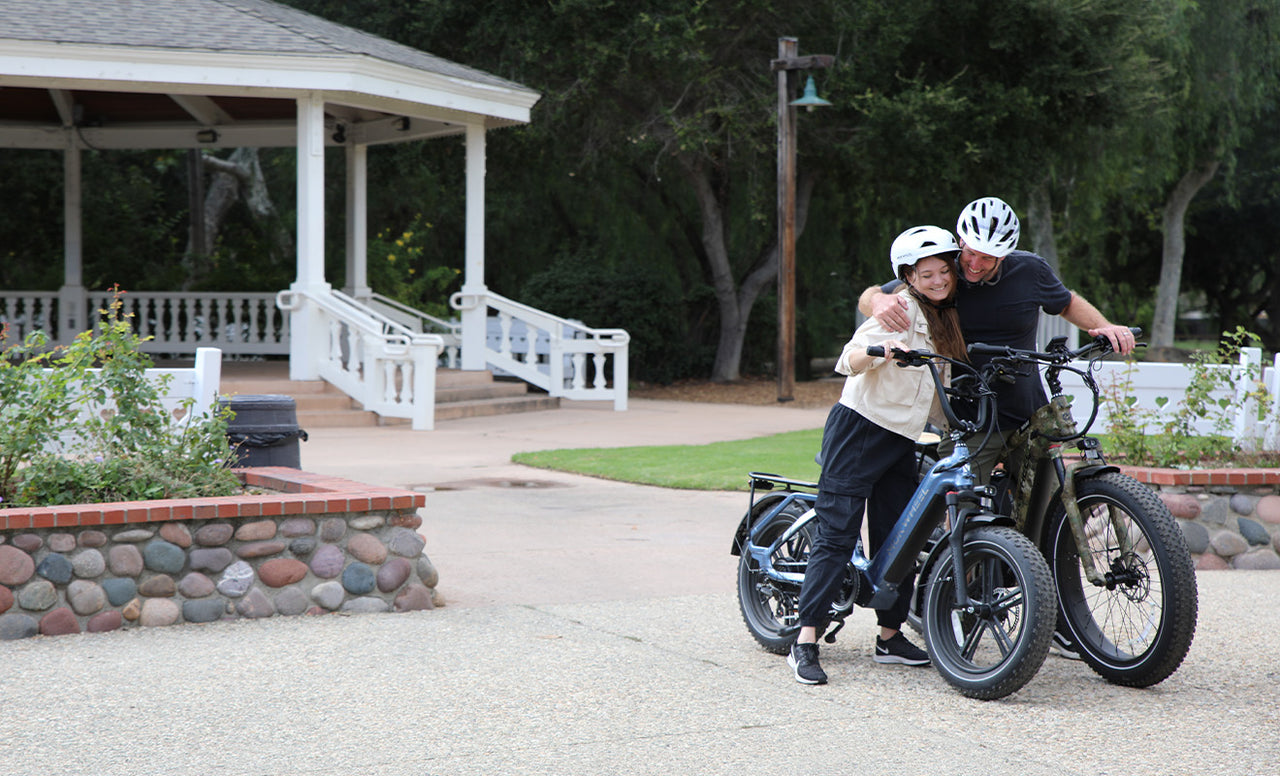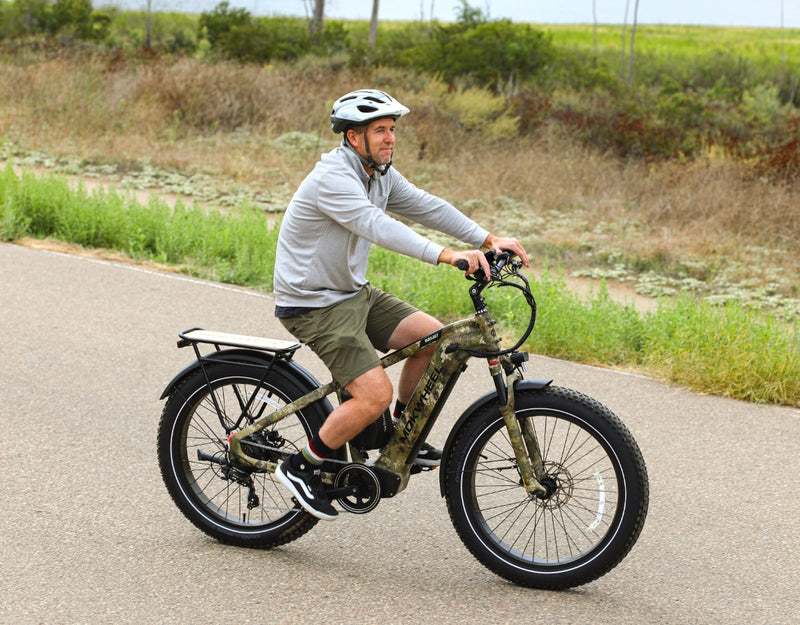Fishing is a great sport and hobby to relieve stress and relax. However, since several great fishing spots are often off-road or at hard-to-access places, an E-bike can be of great assistance to move around.
E-bikes make it easier to move around the trails to access fishing spots and allow you to carry your gear with little effort. While cars are a great alternative, they are often too bulky, extensive, and noisy. As a result, cars disturb nearby fish and scare them away while also being unable to reach certain spots in trails due to the size.
So if you're looking for a perfect E-bike for your fishing adventures, keep the following in mind when considering your options. 
Noise
While noise from cars, motorbikes, and E-bikes can be annoying for some, they don't play a significant role in modern daily life in urban areas. That's different when fishing, however.
When moving around trails, near lakes, or from one pound to the next, you want to be as quiet as possible. Otherwise, you may get to the next spot to find that all the fish have scattered away.
An E-bike for fishing ideally has a hybrid mode so you can pedal while assisted by the E-bike's motor to minimize noise.
Additionally, avoiding full-throttle mode when riding near fishing spots is an excellent way to keep noise to a minimum.
Tires
The type of tires you pick for your E-bike can significantly change when riding on rugged terrain.
Most E-bikes come with slim tires, which are ideal for urban environments. However, slim tires can have difficulty navigating rugged terrain since they are meant for flat surfaces.
The perfect fishing E-bike should use large 26" x 4" tires, also called fat tires. Bigger tires provide greater stability on rock, snow, or dirt since they can navigate better on the terrain.
These large tires are also less likely to be punctured by sharp objects like rocks on trails. In addition, fat tires use their size and lower air pressure to cushion the impact of the road for additional comfort on tougher and uneven terrain.
Battery Optimally, you want your battery to last at least enough to make it to your destination. However, chances are you won't be recharging your E-bike at your fishing spot in a trail.
So ideally, the perfect E-bike for fishing would be one with enough charge to take you to your destination and then back without the need to recharge.
Most E-bikes generally come with batteries that are good enough for about 20 to 25 miles before needing a recharge or replacement.
We recommend that you aim for E-bikes with batteries that last at least 40 miles to account for any emergencies. If that's not enough, you can always carry a spare in your backpack.
Motor
The potency of the motor is another important aspect when choosing a fishing E-bike.
Sometimes getting to the perfect fishing spots involves riding up steep hills or rocky terrain. If your motor isn't up for the task, you may have to do more pedaling.
To avoid exhausting yourself before reaching your destination, aim for a powerful 750 watts hub motor. Even if your chain breaks mid-ride, your hub motor can still take you to your destination with a bit of pedaling.
Reliability
A good fishing E-bike must be able to take on challenging terrain with little effort with consistency.
You'll deal with water, mud, rocks, and more when moving around fishing spots. If the E-bike you're riding wasn't made with reliability and durability, you will run into a few problems.
The perfect E-bike for the job must have a durable, water-resistant body, good protection for its electrical system, and use quality parts to avoid damage to its structure.
Verdict
If you want a reliable and bulky fat-tired E-bike to fish, the Tor Plus is the perfect pick. It has a resistant 6061 aluminum alloy body, water-resistant design, a 45+ miles battery integrated on the body, and a 350lb payload capacity.







